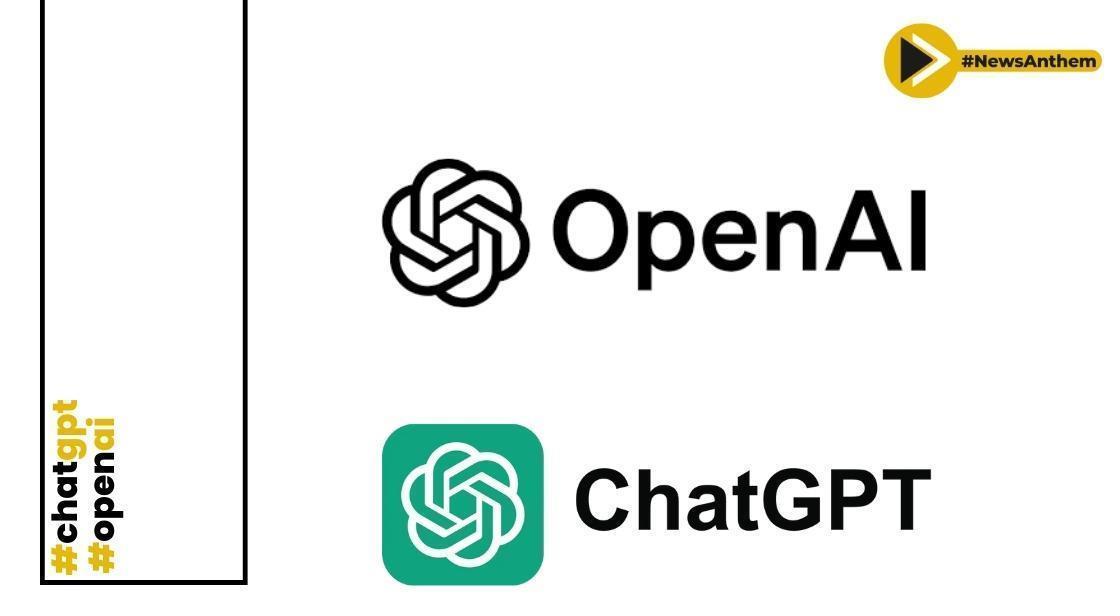ChatGPT Agent Can Now Handle Shopping Tasks, Taking on Amazon and Google

News Synopsis
OpenAI has taken a massive leap in AI functionality with the introduction of ChatGPT Agent—a version of its chatbot capable of performing tasks on your behalf like shopping, booking travel, filling out forms, or creating presentations. No longer just an assistant that answers questions, ChatGPT Agent represents the evolution to an AI that acts independently on your commands.
As OpenAI CEO Sam Altman explained in a July 17 blog post, “Agent represents a new level of capability for AI systems,” combining the strength of earlier tools like Deep Research and Operator but with much greater autonomy and flexibility.
Describe the Task — The AI Does It for You
Imagine this: you say, “Find me a jogger jeans under ₹6,000 and deliver it by Saturday,” and while you sip coffee, ChatGPT opens browser tabs, checks delivery timelines, compares prices, and completes the purchase.
That future is now closer than ever.
Saanya Ojha, partner at Bain Capital Ventures, summarized the feature’s promise during the launch livestream: “Describe a task in plain English, and it does the thing.”
The ChatGPT Agent uses a virtual computer that can interact with actual websites—filling forms, accessing your calendar, and even sending a completed PowerPoint or spreadsheet directly to your inbox.
Real-World Tasks, Real Results
In demonstrations, the Agent successfully handled complex tasks like organizing a wedding, including booking flights, managing schedules, and selecting a wedding gift—tasks that typically require several tools, searches, and manual steps.
This marks a major shift in what conversational AI can do—bridging the gap between helpful suggestions and actual execution.
A Threat to Amazon and Google’s Core Business Models
The rise of autonomous AI shoppers could significantly disrupt traditional online shopping platforms like Amazon and Google. If users increasingly rely on AI to discover and buy products, the flow of organic traffic to these marketplaces could decline.
According to eMarketer, Amazon is already working on adding "guardrails" to better control how external agents interact with its platform without disrupting the customer journey.
For Google, which thrives on product search ads, the impact could be even more direct. As fewer users visit Google to search for products, its ad revenues could face long-term erosion.
OpenAI’s Monetization Strategy: No Ads, Just Affiliate Fees
While Google and Amazon rely heavily on ads, OpenAI may bypass traditional advertising altogether. In an earlier interview with Stratechery, Sam Altman hinted that the company might earn revenue via affiliate fees—for example, charging a 2% fee on purchases made via ChatGPT Agent.
This could enable OpenAI to monetize millions of users without the need for disruptive or privacy-invading ads.
Still Experimental, with Built-in Safeguards
Despite the hype, Altman has cautioned users against using ChatGPT Agent for sensitive tasks—at least for now. He describes it as “cutting-edge and experimental,” and OpenAI has implemented several safety mechanisms:
-
A watch mode that limits activity.
-
Manual approval before any purchase is finalized.
-
Ongoing transparency about actions taken on your behalf.
These safeguards are designed to ensure user control remains paramount, especially where payments or personal data are involved.
What the Shopping Experience Looks Like
Using ChatGPT Agent feels like delegating a task to a human assistant:
-
You ask, “Find running shoes under ₹8,000, check my size, and order the fastest shipping.”
-
The AI browses online stores, compares delivery timelines, and checks your preferences.
-
You approve your preferred choice.
-
The purchase is made, and you receive a confirmation and tracking link via email.
It’s Slower Than You, But Much Less Work
Latency is still a challenge. Tasks can currently take 15–30 minutes to complete. But according to Yash Kumar, ChatGPT Agent product lead, that’s still a huge time saver for users compared to doing it manually.
“Even if it takes 15 minutes or half an hour, it’s a big speed-up compared to how long it would take you,” he told The Verge.
As speeds improve and affiliate deals go live, ChatGPT Agent could fundamentally change how we shop online, much like streaming transformed the DVD market.
The message is clear: Amazon and Google should take note.
You May Like









